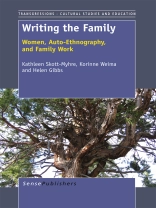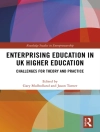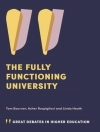This is not a traditional book about the family. In a very essential way, it is a book about being a woman in relation to the current form of the family under capitalism in North America. The authors are three women whose interest in the family stems out of their own unique and varied experiences. The text is comprised of three autoethnographies that look at the family from radically distinct perspectives. Each section is rooted in the author’s own personal and professional life experience. The book explores multi-cultural family therapy, living inside a divorcing family, the role of child protective services, issues of class and race in a family’s identity, how media and pop psychology shape our view of the family, and what it is to be female in a patriarchal family system. All three women are currently working with young people in various capacities. Each section offers new ways to work together with young people to reshape the family so that it better serves those who live within it.
สารบัญ
Introduction Theory and Auto-ethnography; Part I: My Two Families: An Auto-ethnography of the Internalized Lived by and Lived with Family Experience; Chapter 1: We All Have Two Families; Chapter 2: The Ideal Family: A Tracing Internalized; Chapter 3: R.D. Laing: The Internalized Family; Chapter 4: Psychologization of the Nuclear Family; Chapter 5: Putting the Family Back on the Map; Part II: Learning My Mother’s Magic; Preface; Chapter 6: Background: A Personal Journey; Chapter 7: Journey Continued: Toward a Just and Equitable Practice; Chapter 8: A Vision of Difference: Genogram of Flight; Part III: Foucault and Power in Child Protection Chapter 9 : Burnt Out; Chapter 10: Authority and Power; Chapter 11: History of the Family, Youth, and Child Protection; Chapter 12: Theoretical Underpinnnings: Foucault and Governmentality; Chapter 13: Auto-ethnography: Filling the Gap; Chapter 14: Power and the Child Protection Worker; Chapter 15: Never Without Power; References.












